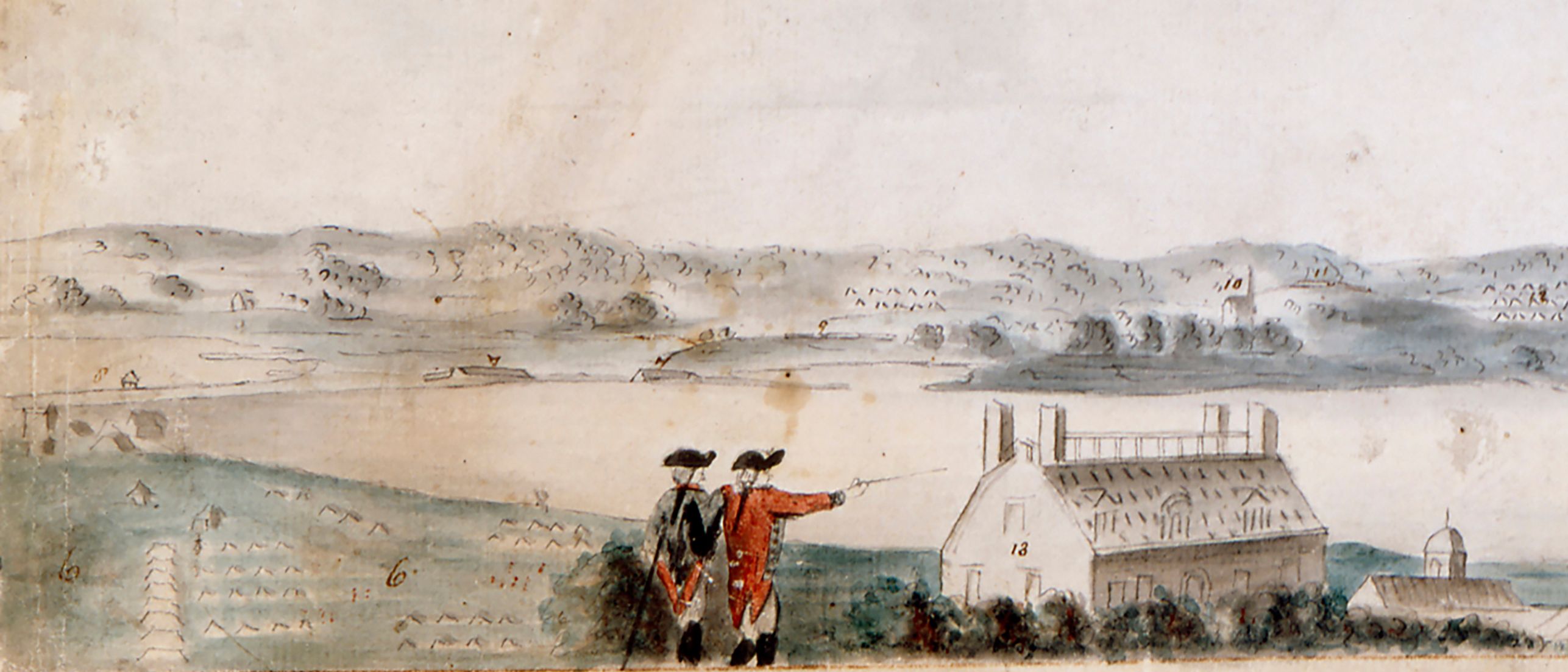1775: Rebels, Rights & Revolution Opening Reception

MHS Event
Be among the first to explore this exhibition, which charts major Massachusetts events in the first year of the American Revolution. The stories behind Paul Revere’s ride, the Battles of Lexington and Concord, the Battle of Bunker Hill, and more are illustrated through rare letters, diary accounts, and artifacts from the MHS collection. Plus, enjoy hors d’oeuvres, libations, and Revolution-themed performances.
This is an invitation-only event. If you are not a Member or did not receive an invitation, you can become a Member today.
By registering you are agreeing to abide by the MHS Visitor Code of Conduct.
